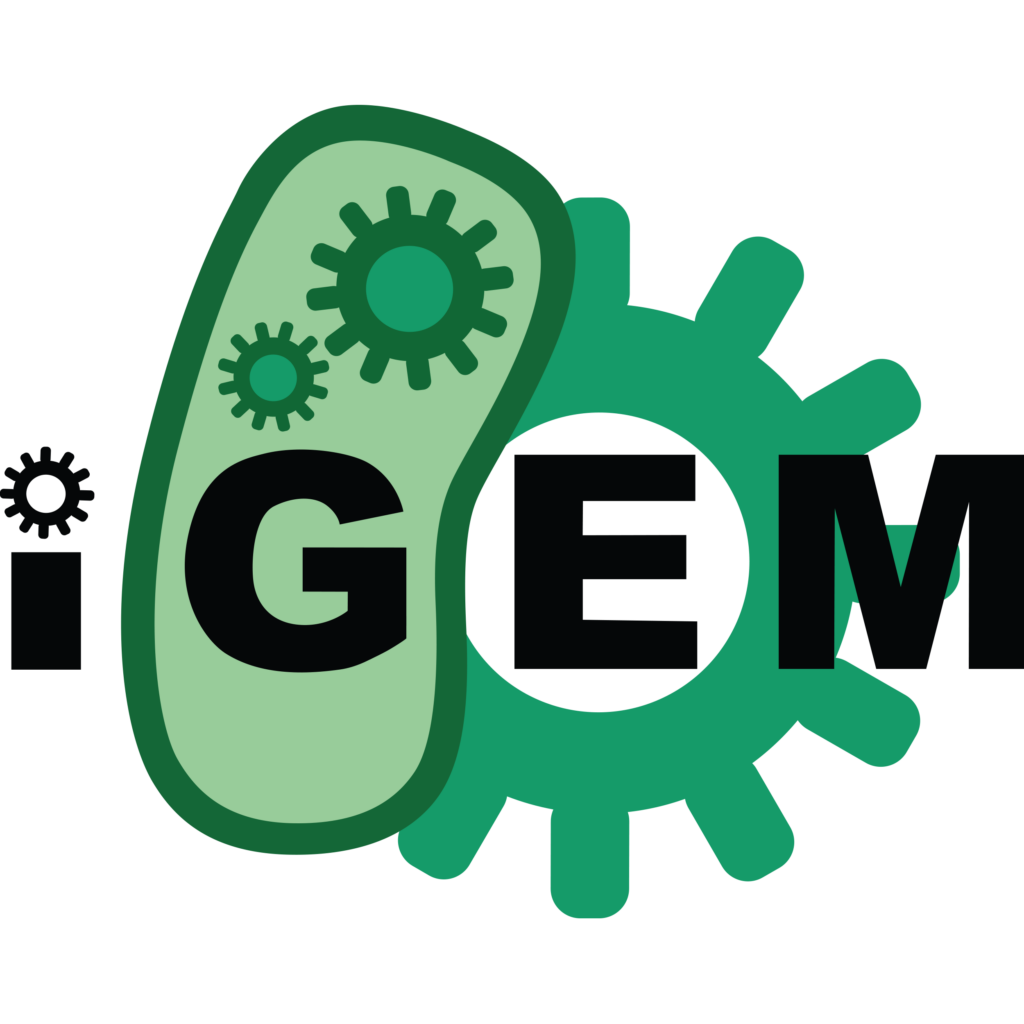Answering world’s challenges by designing genetic circuits and biological solutions
What is IGEM?
iGEM is an international synthetic biology competition initiated by MIT in 2003. It now involves over 300 teams from across the world, including one from Aix-Marseille University since 2014. In the competition, students explore ways in which biological circuits can be re-wired and applied to real world problems using principles from synthetic biology. The team involves students from different university departments and at different levels in their studies construct an innovative, integrated multi-disciplinary project centered on biology, involving biology, engineering, chemistry, computer science, mathematics and also fields like economics or law. The project encourages the students to develop an international vision, apply their academic studies in a professional and legal framework, and develop contacts with industrial and institutional partners. Finally, the project helps students see multiple professions where their skill and knowledge is useful and see the challenges and opportunities available in innovation.
Aix-Marseille iGEM team at the LISM
Piloted by the LISM, iGEM Aix-Marseille team has an excellent record in this competition with a total of 7 medals. Since 2019, the iGEM project has been awarded an “Academie d’Excellence” label from the AMIDEX Foundation, allowing the LISM to set-up and to fully equip a teaching laboratory within the research institute. This laboratory is now used during the summer for the iGEM competition, and throughout the rest of the year for other teaching activities, including those proposed in the context of AMU Microbiology PhD and the Structural Biology and Genomics Masters programs.
Past Aix-Marseille iGEM team projects are listed below:
- 2023 : TERRALGI (Silver medal)
- 2022 : SeaCare (Bronze medal)
- 2021 : Arbo-Block (Silver medal)
- 2020 : Make some Rham-Noise (Bronze medal)
- 2019 : I Want TB Free (Silver medal)
- 2018 : Breaking Bugs (Gold medal)
- 2017 : Kill Xyl (Gold medal)
- 2016 : Highway to Platinum (Gold medal)
- 2015 : Chew Fight (Bronze medal)
- 2014 : S.E.colization (Gold medal)
The Aix-Marseille iGEM project involves multiple undergraduate and master’s students who are supervised by technicians, researchers, and doctoral students mainly from the LISM. This organization offers visibility to the youngest students on their prospects at university, and further in academic research via contact with doctoral students and the realization of the iGEM project in a research institute.

